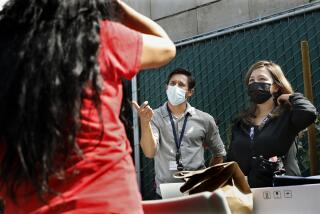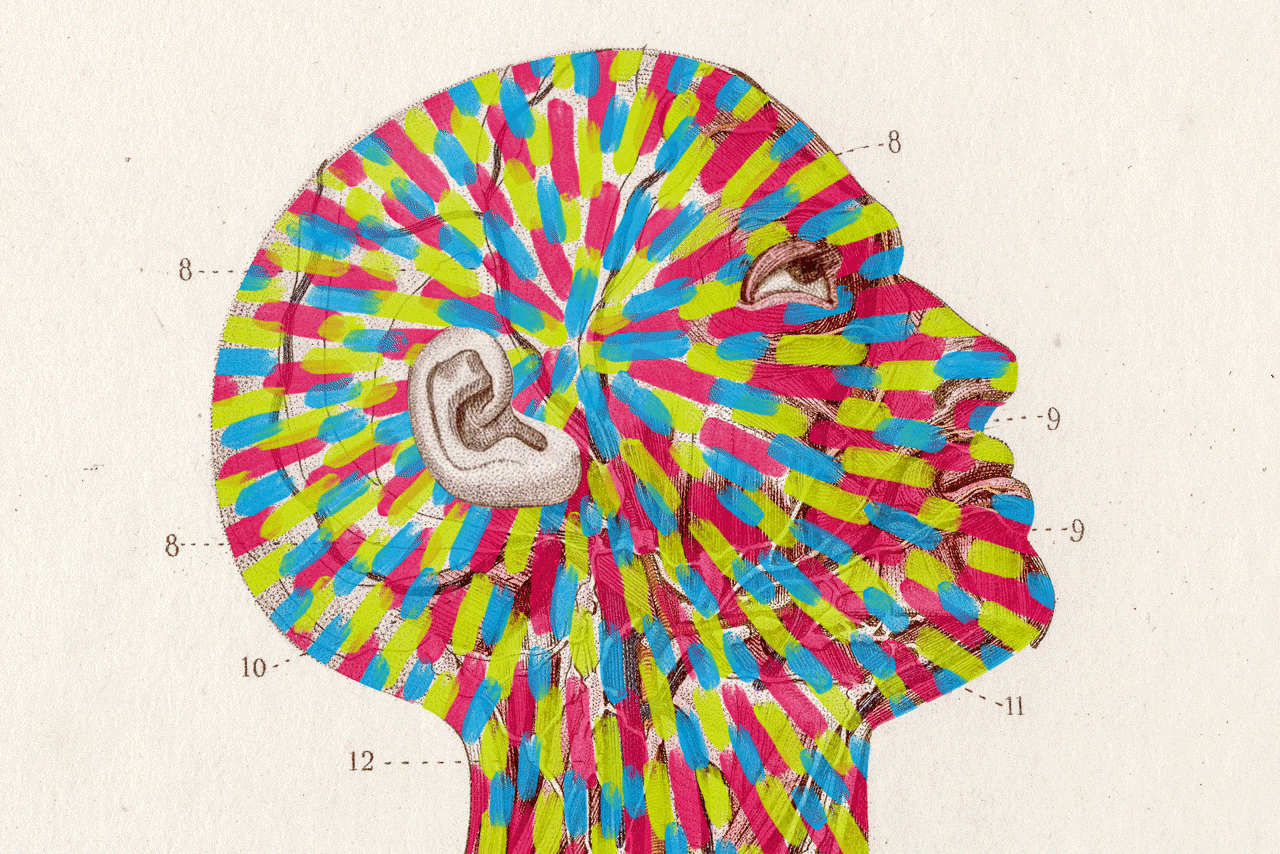It’s Time to Get Tough on Using Drugs and Driving
- Share via
The lethal mix of drugs and driving is fast becoming one of the scariest threats on the road today.
The widespread availability of illicit drugs--especially among young people who drive--is taking a deadly toll, emergency physicians and substance abuse experts warn.
“This is a very serious concern. Parents need to know what is going on. Kids have to realize how dangerous drugs are behind the wheel,” says Karen Tarney, co-founder and executive director of Citizens Against Drug Impaired Drivers, a Milwaukee-based group dedicated to reducing the number of injuries and fatalities caused by drivers operating vehicles while under the influence of drugs.
Just last week, Jessica Williams, 20, was convicted of multiple felonies in the deaths of six teenagers who had been picking up trash along a Nevada freeway. Williams had fallen asleep at the wheel of her minivan in March after taking the mind-altering drug Ecstasy and smoking marijuana. Her vehicle plowed into the group of teenagers serving on a county work crew.
In August 1999, five teenagers high on methamphetamines and Ecstasy plunged over a steep cliff to their deaths off Angeles Crest Highway. They were driving home from an all-night rave party in the Southern California mountains. Investigators said the young driver never even braked before the Toyota sedan careened off the mountain.
Tragic accidents like these should heighten public awareness of the growing problem of drugs and driving.
“But the public’s not aware of how serious the problem is,” Tarney says. Part of the problem is that statistics on drug-involved accident injuries and deaths are unavailable because they are not routinely tracked, according to the Insurance Institute for Highway Safety.
Consequently, there has not been the kind of strong national demand for tougher sanctions and more education about drugs and driving, Tarney says.
A steady drumbeat of campaigns over the years has educated us about the dangers of drinking and driving. Those efforts have paid off. Since 1988, the rate of alcohol-related traffic fatalities for drivers between the ages 15 and 20 has been cut by more than half, to about nine deaths per 100,000 young drivers, down from 19, according to the National Highway Traffic Safety Administration.
Now it’s time to wage a vigorous campaign against driving under the influence of drugs--whether they are illegal or prescription or over-the-counter like many cold or allergy medications.
“People come into the emergency room every day who have altered mental states from illegal drug use,” says Dr. John Bibb, an ER physician at Cedars Sinai Medical Center. “I have every reason to believe that these drugs are causing impaired driving. We see [these kinds] of accidents on a regular basis.”
Ecstasy, also known as MDMA, as well as other designer drugs such as GHB, the so-called date-rape drug, are widely used today, Bibb says. “Drug use goes through phases and styles. PCP used to be widely used. Now Ecstasy is on the rise.”
Marsha Rosenbaum, director of the Lindesmith Drug Policy Foundation in San Francisco, noted in a recent commentary in The Times that while the use of all illegal substances had leveled off among high schoolers last year, regular Ecstasy use among 12th-graders had increased significantly--from 5.6% in 1999 to 8.2% in 2000.
That’s bad news, considering that Ecstasy is the drug of choice at events where kids dance all night and then drive home.
People under the influence of Ecstasy “can experience anxiety, paranoia and impaired consciousness,” Bibb says. “Rational decisions can’t be made. They can be agitated and confused.”
When heavy users of Ecstasy or cocaine are coming down from the drug, “they become very somnolent,” he said. “They are so sleepy, you can hardly get them awake to talk to them.”
Emergency physicians see GHB users who are so drugged that “they are literally in coma,” Bibb says. “We even see people who are having an anxiety attack from smoking marijuana. Clearly, it’s not safe for them to drive.”
*
Jeanne Wright cannot answer mail personally but responds in this column to automotive questions of general interest. Write to Your Wheels, Business Section, Los Angeles Times, 202 W. 1st St., Los Angeles, CA 90012. E-mail: jeanrite@aol.com.
More to Read
Sign up for Essential California
The most important California stories and recommendations in your inbox every morning.
You may occasionally receive promotional content from the Los Angeles Times.













